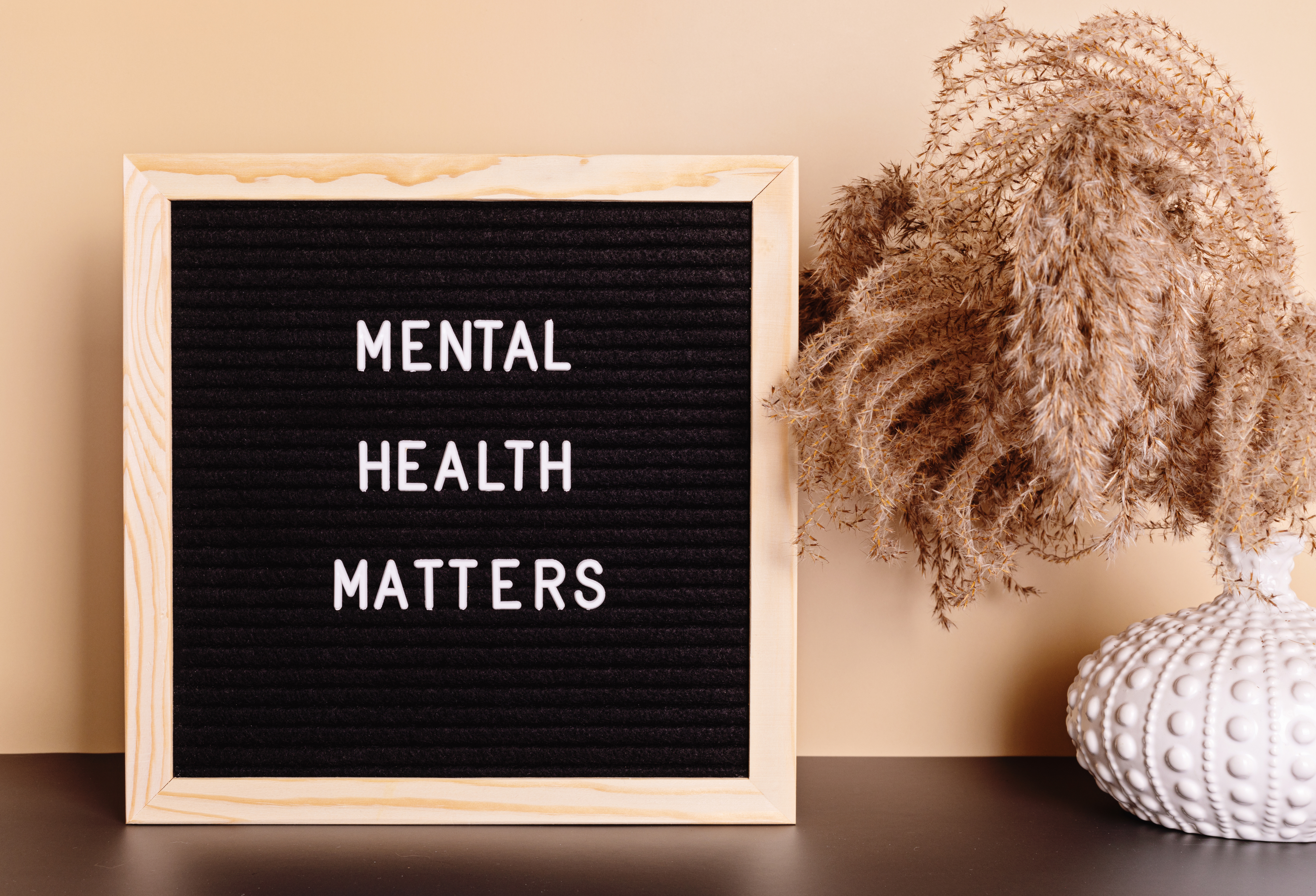Want to Improve Your Fitness? Sleep!
When we are training hard, most of us focus on more reps, heavier weight, longer runs, or twice-a-days to see progress. But what if I told you that sleeping more might be the better option for making gains in strength, decreasing your times, and looking better overall?
Most people underestimate the importance of sleep. With constant demands on us, sleep is often the first thing people cut back on in order to keep up. What researchers have found, though, is that people in general – and athletes especially – benefit from extra sleep. Sleep is when your body repairs itself, and when you don’t get enough sleep, it impacts more than just your energy level.
According to WebMD, “a 2011 study tracked the Stanford University basketball team for several months. Players added an average of almost two hours of sleep a night. The results? Players increased their speed by 5%. Their free throws were 9% more accurate. They had faster reflexes and felt happier. Other studies have shown similar benefits for football players and other athletes.”
“Sleep hygiene” is a term I often discuss with clients who tell me they don’t get enough sleep or have difficulty with sleep, whether it is not falling asleep easily, frequent awakening, or trouble getting up in the morning. Incorporating the suggestions below will not only help your sleep, but may also enhance the results you’ve been striving for physically. Sweet dreams!
1) Keep a consistent sleep/wake schedule. This helps to train your brain and body to know when it is time to sleep and when it is time to wake up.
2) Avoid napping during the day.
3) If you are not asleep within 20 minutes of going to bed, get up and do something quiet, in dim lighting, until you feel sleepy.
4) Only use your bed for sleep and sex.
5) Remove the television from your bedroom and put away other electronic devices an hour before bedtime. The flickering from TV or other devices can stimulate your brain and make falling asleep challenging.
6) Avoid caffeine, nicotine, and alcohol if you have trouble with sleep. While alcohol is initially sedating, once it is metabolized, you are likely to wake up.
7) Do not eat a big meal or spicy foods immediately prior to going to bed. Also, remember that chocolate has caffeine!
8) Minimize the amount of light and sound coming into your bedroom at night. Use heavy curtains, an eye mask, earplugs, or a sound machine, if needed.
9) Avoid sleep medications (unless they have been prescribed by a physician). Over the counter sleep aids are likely to disrupt your sleep and impair your performance the next day.
10)Exercise should be completed at least 2-3 hours before bedtime. Yoga or stretching closer to bedtime can be a good way to unwind.
If more than usual stress is keeping you awake at night, Kate Thieda, MS, LPCA, NCC can help! Give her a call at 919-408-7706 or visit her website at durhamnctherapist.com. Clients of EMPOWER receive a free, 20-minute consultation



